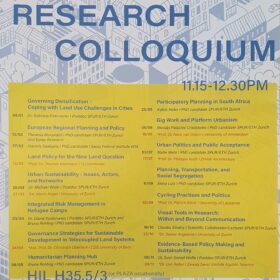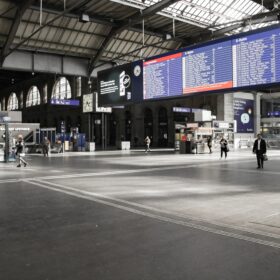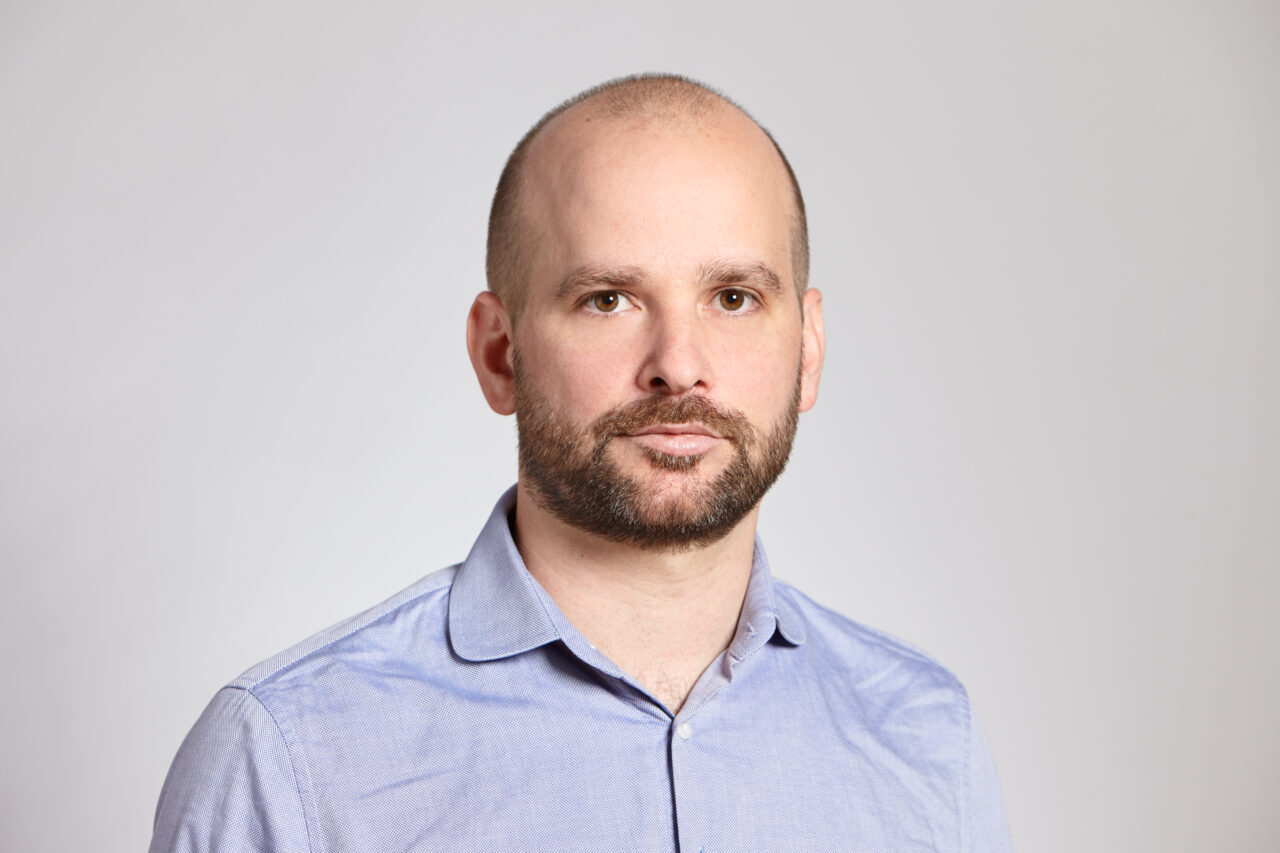
David Kaufmann is the new director of the Network City and Landscape (NSL) for the next two years. His priorities revolve around enhancing ETH Zürich’s standing in the field of national and international urban research and fostering synergies among ETH’s urban research groups in research, teaching, and engagement with society.
ARTIKEL IN DEUTSCH LESEN
How will the NSL international research excellence continue to be promoted while simultaneously strengthening the connection to Switzerland?
Pursuing research in the Swiss context and international relevance are not mutually exclusive. Switzerland is urban and urbanising. Many pertinent urbanisation issues can be studied in Switzerland, while they also hold global significance (e.g., climate adaptation, circular economy, or densification). Yet, urban research is also highly context-specific. The goal is to conduct local research in different places worldwide and simultaneously consider the insights’ global relevance and impact.
The undoubtedly great strength of the NSL is the active dialogue with society through various events, and dissemination of posters and newsletters. On average, we organise ad co-fund around 60 events each year, including discussions, exhibitions, book launches, and more. We work for society and aspire to offer relevant lessons for current urban issues. NSL thereby makes a significant contribution to the entire ETH Zurich and has simultaneously a local and global reach.
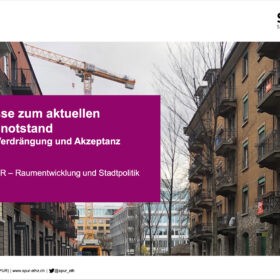
Collaboration with other institutions, such as the Future Cities Laboratory (FCL Global) or with other departments and institutions is a vital aspect of the NSL research and teaching strategy. Could you provide more insights into this partnership and how it will evolve in the coming years?
We have to foster synergies and avoid fragmentation within the ETH Zürich. The FCL Global is a research programme with a global reach and a global reputation. We aim to further intensify the connection between NSL and FCL Global as many researchers operate in both networks. This explicitly involves advancing the interdisciplinary nature of research and addressing future-oriented topics such as ecological aspects of urbanisation, digital issues, and matters of social inequality.
In education, the NSL already has several well-functioning and high-quality programmes, including 7 bachelor/master, 5 CAS/MAS, and a doctoral programme. However, it is crucial to think about the future of interdisciplinary university education. The field of urban studies is not yet firmly established in Swiss higher education. There are very few programmes, and no conferences or associations dedicated to urban research in Switzerland. Other countries have way stronger urban study programmes. In this regard, ETH Zurich and the ETH domain should contribute to training interdisciplinary urban researchers in Switzerland. We discuss ideas to establish a new master programme in urban design and urban planning. This entails collaboration between the ETH ARCH & BAUG departments, and all research groups involved in urban research, as well as with EPFL and other Swiss universities.
In what ways is sustainability an integral aspect of the NSL activities and what could we do better?
Sustainability is significant and a prevalent theme across nearly all research and teaching projects. However, it’s important for us to actively shape international knowledge, concepts, and paradigms in this regard. We can be more explicit, for instance, by dedicating ourselves more explicitly to the Sustainable Development Goals (SDGs). Additionally, there are modern sustainability paradigms that we should apply, test, and further develop, such as those that connect planetary ecological boundaries with social minimum standards (Sustainability Doughnut). In such contemporary discussions of urban sustainable development, ETH Zurich could have a stronger global voice.
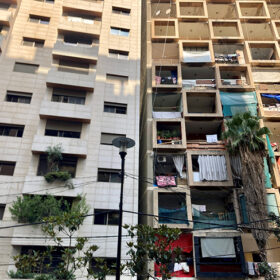
Your own research group is named Spatial Development and Urban Policy (SPUR). How do you perceive the connection between your personal research and the overarching goals and priorities of the NSL?
We have directed our efforts towards contemporary urban sustainable development, with a focus on how sustainability transformations can be democratic and improve, at the very least, not exacerbate social inequalities. These are extremely relevant issues locally and globally, and there is much work to be done. The pressing questions revolve around how we can rapidly respond to climate change without adopting a top-down technocratic approach, but rather aiming for a fair and socially supported transformation. In this regard, we have conducted recent research in eight European cities, demonstrating that the population supports sustainable development but only when social issues like equal opportunity, economic security, and income inequality are addressed. Furthermore, our international research on urban densification finds greater acceptance of densification, especially when accompanied by social measures such as rent control or the provision of social and non-profit housing.
How does your personal background influence your approach to your work?
I come from a non-academic background. Nobody in my family has a university degree. I am a so-called first-generation student. My parents completed vocational training, and I too pursued an apprenticeship before I went to high school and later university. Fortunately, Switzerland has a high-quality and open education system. I owe my career to individuals working in education and the excellent public educational structures in Switzerland. Therefore, I am eager to give something back and I am intrinsically motivated by issues related to global social (in)equality and equal opportunities.
David Kaufmann is the Assistant Professor of Spatial Development and Urban Policy at ETH Zürich. He serves as the Deputy Director of the Institute for Spatial and Landscape Development and as the Director of the Network City and Landscape (both at ETH Zürich). He is an urban studies scholar with an interest in planning, policy, and migration studies. His research motivation is to understand and contribute to sustainable, democratic, and just urban development through policy-making and planning.
